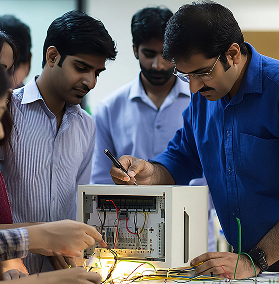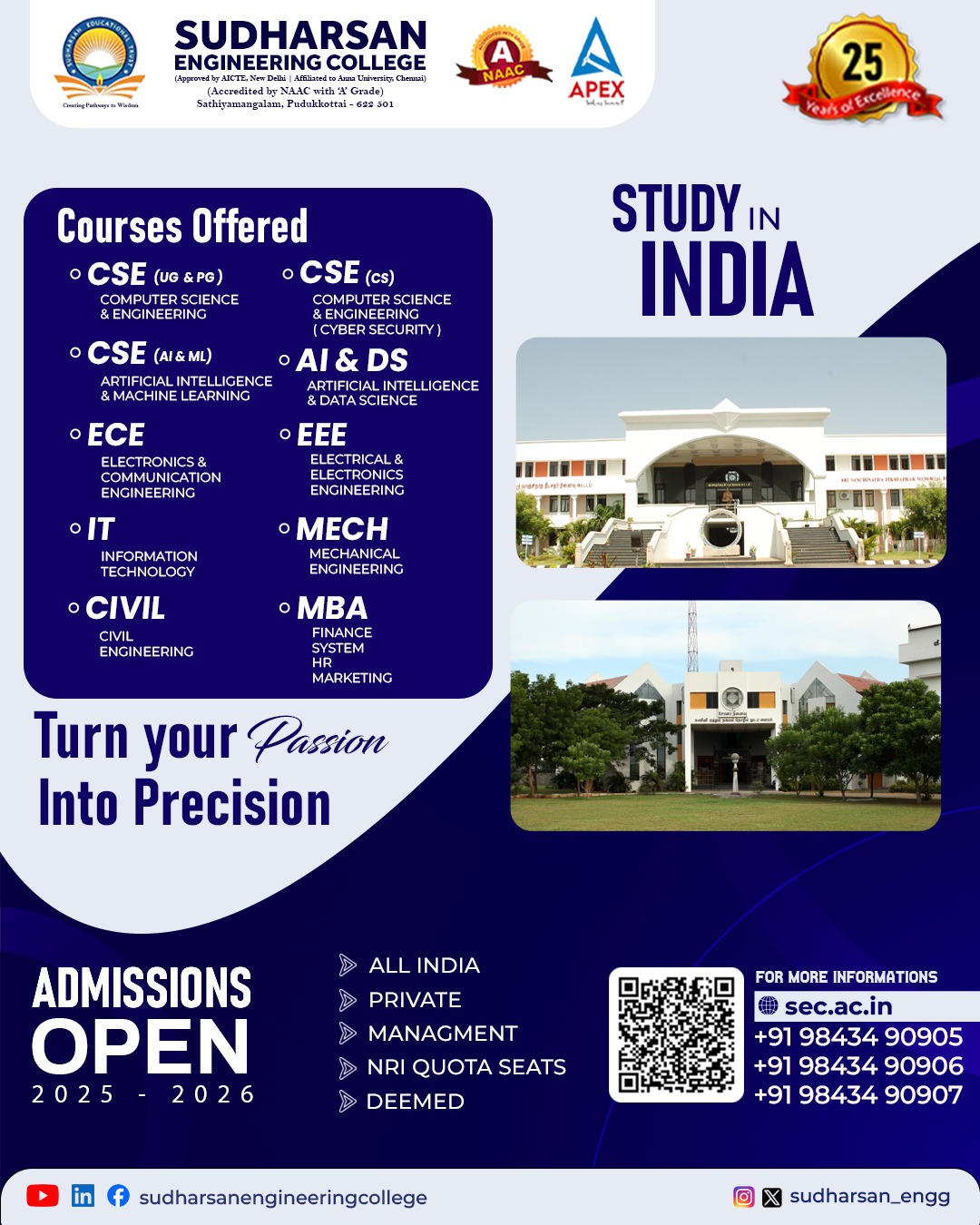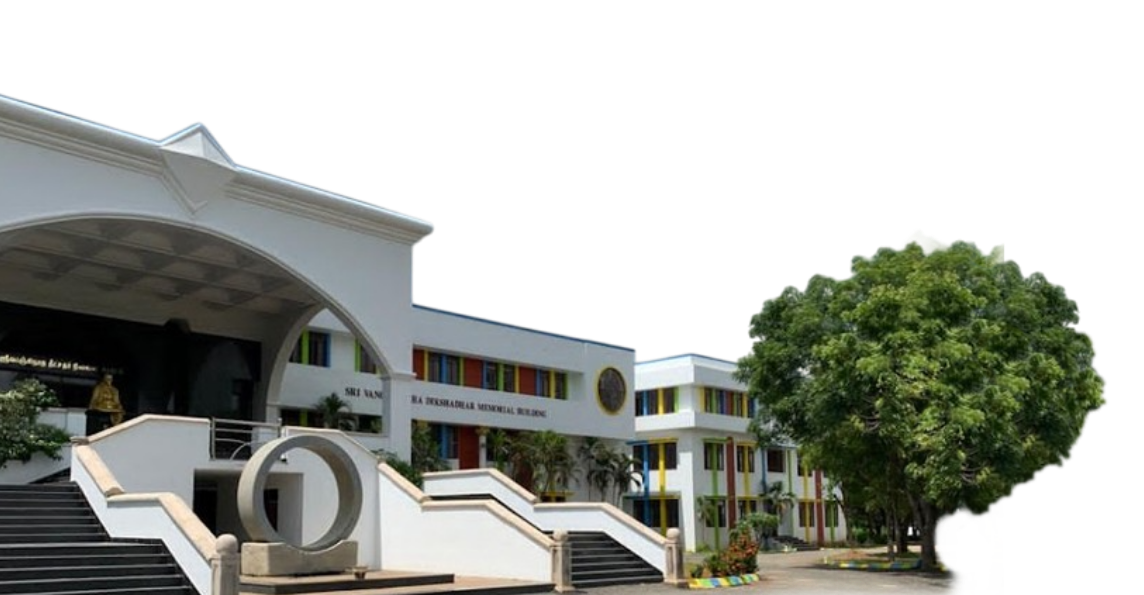Department of Information Technology
The Department of Information Technology, established in 2025 with an initial intake of 60 students, is dedicated to delivering quality education through personalized instruction and focused academic engagement. Affiliated with Anna University, Chennai, the department upholds high standards of educational excellence and institutional integrity.
-
In today’s fast-paced digital era, Information Technology serves as a driving force behind organizational growth and innovation.
-
IT professionals play a critical role in managing and maintaining the technological infrastructure—comprising hardware, software, and networks—ensuring seamless operations and optimized system performance.
-
Their ongoing support and troubleshooting capabilities significantly reduce downtime and enhance operational efficiency.











